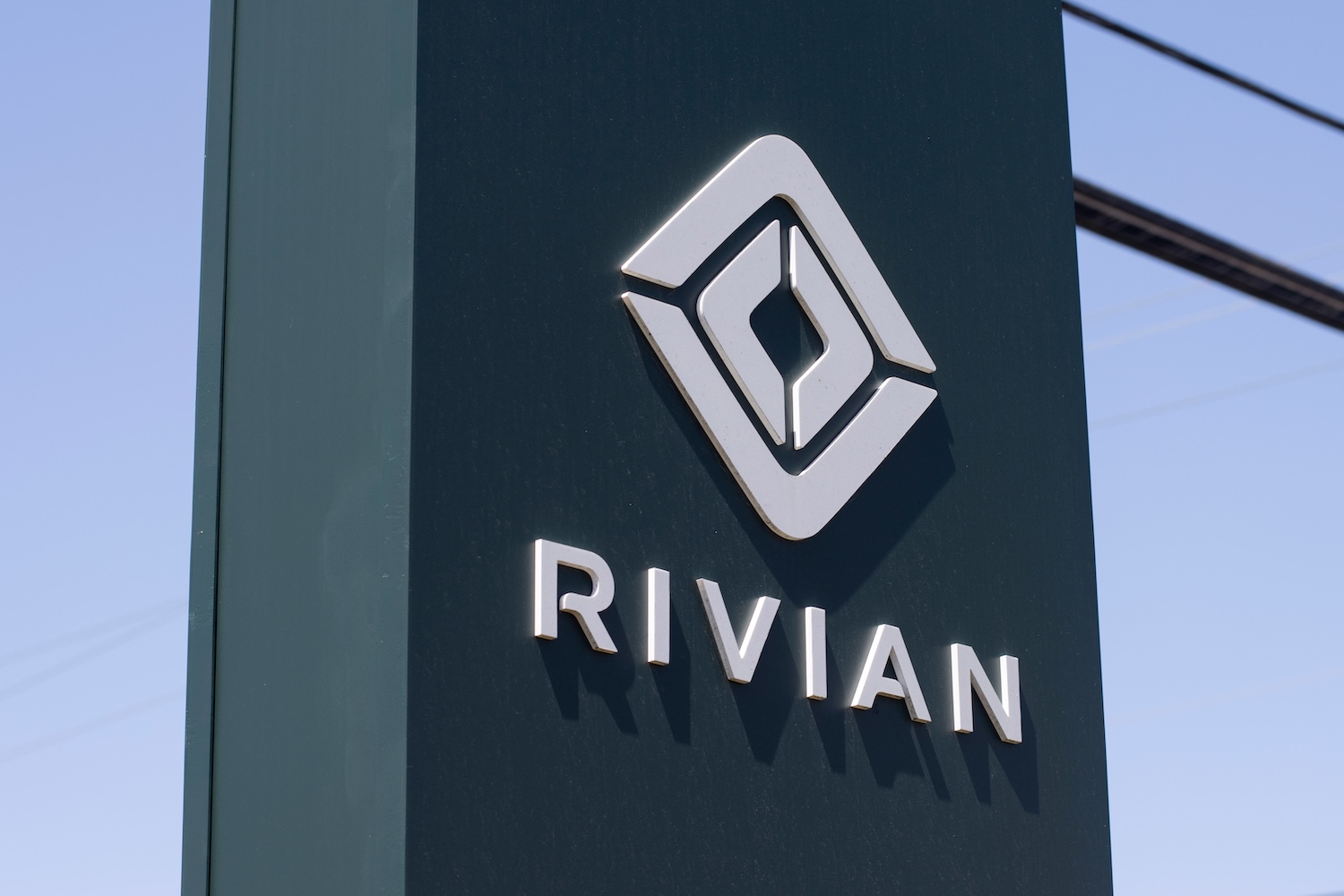
Rivian (RIVN) is looking to strengthen its value proposition by making it easier for electric vehicle owners to cut both emissions and energy costs — a balance that has proven challenging amid fluctuating electricity rates and the already high sticker price of North American EVs.
That’s why the company is rolling out a new Smart Charging feature in its next software update, designed to help drivers automatically take advantage of the lowest utility rates.
“More than 80% of EV charging occurs at home, and over 70% of those sessions are not aligned with the lowest utility rates,” Rivian software chief Wassym Bensaid wrote on X.
“We are launching the new Smart Charging feature with the next Rivian OTA update. Your mobile app will do the heavy lifting, analyzing utility plans and creating the perfect schedule for your location,” he added.
While EVs typically come with higher upfront costs than gas-powered cars, lower maintenance and energy expenses over time are part of their appeal.
However, many drivers end up overpaying by charging during peak hours. Automating the process could reduce monthly bills while also taking the load off the electric grid.
EVs can be cheaper to own, but there’s a catch
Studies from the Natural Resource Defense Council and Consumer Reports show that, over a long enough time horizon, EVs are cheaper to own than gas cars. Savings can range from a few thousand dollars to over $10,000 across the vehicle’s lifetime, depending on driving habits.
However, those savings can vanish for vehicles with steep sticker prices, especially if buyers don’t qualify for federal tax credits or rely on costly charging options.
That’s a challenge for Rivian, whose R1T and R1S models start between $69,000 and $74,000. Kelley Blue Book data shows the brand’s total ownership costs rank toward the higher end of the premium SUV segment.
Rivian’s EV share is slowly gaining momentum
Rivian posted a 23% drop in second-quarter sales as production slowed, which the company attributed to retooling ahead of its 2026 model-year lineup.
Despite the dip, Rivian reaffirmed its full-year delivery forecast of 40,000 to 46,000 vehicles, a target some analysts view as optimistic, particularly as the Trump administration pushes to roll back federal EV tax credits.
Even so, investor sentiment has brightened ahead of the launch of Rivian’s more affordable R2 SUV, seen as critical to expanding its customer base beyond the premium market.
Shares of RIVN are up 17% over the past month and remain positive for the year.
Your email address will not be published. Required fields are markedmarked